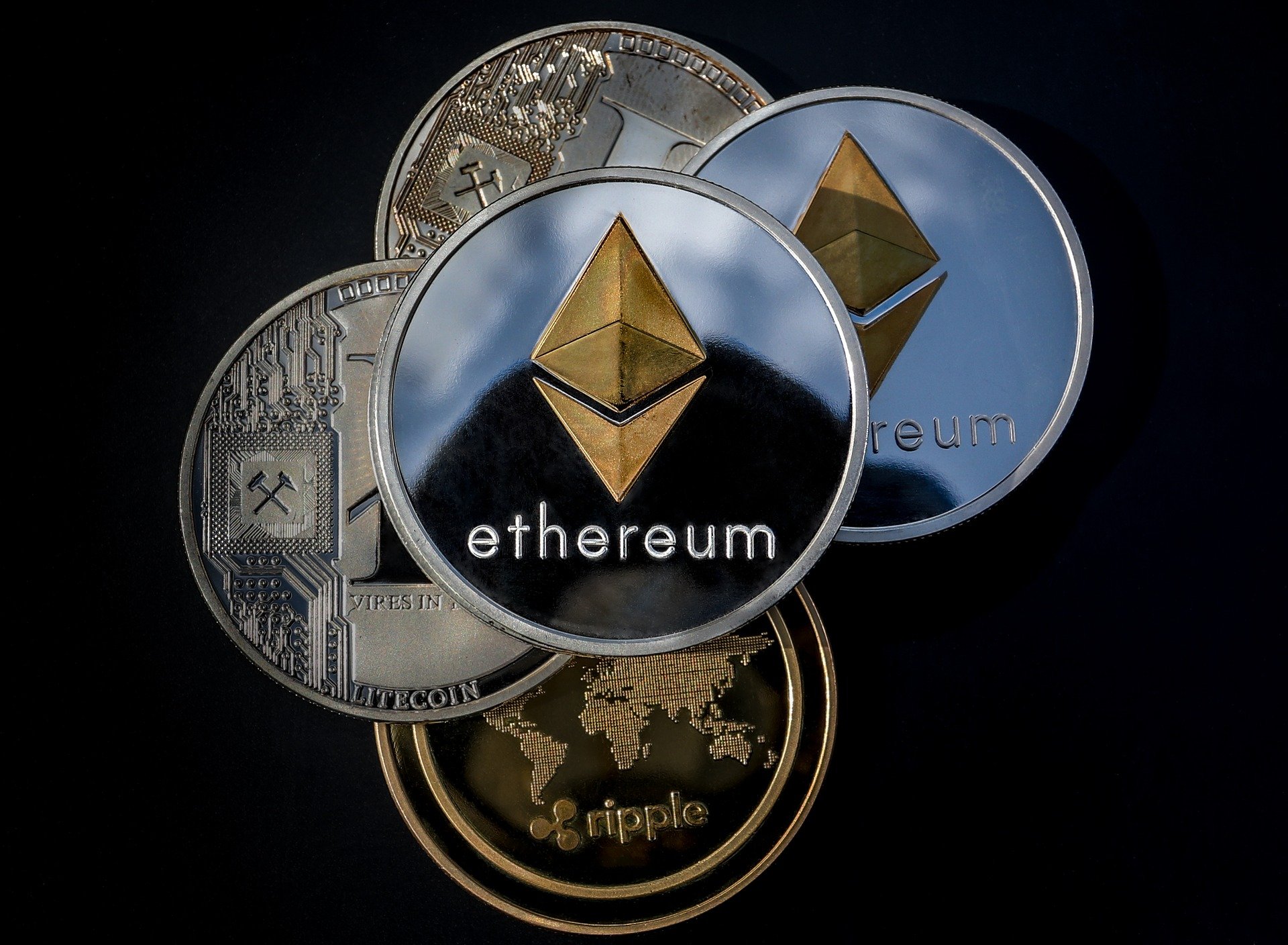It’s no longer news that China’s hate for cryptocurrency long began before the start of the last decade. The country has continuously bashed digital assets and warned its citizens against trading virtual currencies. With a series of regulations and clampdowns on miners, China further stepped on the pedal in its efforts to get rid of cryptocurrency in the country. Thus, affecting the hash rate and BTC prices.
On Friday, the price of BTC fell 5% following the news that the Asian country has declared all crypto activities illegal. This isn’t the first time China has taken a decision that has impacted the crypto world. On more than one occasion, China has caused FUD in the ecosystem.
Occasions Where China Attempted to Crash BTC Price
China first banned crypto use in 2009. When the blockchain industry was still in its infancy, China’s two ministries, the Ministry of Culture and the Ministry of Commerce barred the using virtual currencies as a medium of exchange for goods and services. This move did set the stage for a decade of regulations.
In 2013, Following the rise of the BTC, the People Bank of China halted financial bodies from partaking in BTC transactions, including exchanging bitcoin for fiat currencies. This affected BTC, as it crashed to below $1k. However, the price returned above $1k in no time.
In 2014, a report circulated that the PBoC planned to halt all BTC transactions beginning in under a month. Unknowingly, the news was fake, although it had some real effects initially, especially amongst investors. However, it didn’t affect the price of BTC from escalating.
Around the same period in 2014, China’s popular exchange FXBTC disclosed that it would stop operations following threats from regulators. The incident contributed to the fall of BTC from $709 to $346. However, the price started to recover and was back to above $600 shortly.
In September 2017, China officially announced the ban of crypto exchanges from rendering services to customers within the jurisdiction. The PBoC then barred its citizens from funding initial coin offerings. After the ban, BTC’s price skyrocketed from $4k to an all-time high of $20k within three months.
BTCC, one of the largest crypto exchanges in China, announced it was suspending operations due to the government ban on exchanges. The PBoC issued a statement then that the exchange would float down the river soon. By that time, BTC was on the verge of recording its biggest bullish run but dipped.
In January 2018, media reports from China on the crypto mining crackdown resulted in another dip in several assets. The price of BTC declined about 65% to $6,852. The news raged on until April the following year when China revealed it was considering banning mining in the country for another time. It caused a significant setback in the industry, as many Chinese miners liquidated their Holdings. It led to a crypto bloodbath in 2020, as major cryptos crashed.
In 2021, the China Banking Association warned its citizens against investing in cryptocurrency due to their risks, and in June, it banned banks and payment service providers from rendering services to crypto-related activities. This was followed by an effective ban on mining in June.
China has been hitting the crypto industry for more than a decade, and there’s no sign the highly populated country will stop. However, it’s believed that BTC will bounce back from the fall as it has always done. As of the time of this publication, BTC has gone back to $43k
At Tokenhell, we help over 5,000 crypto companies amplify their content reach—and you can join them! For inquiries, reach out to us at info@tokenhell.com. Please remember, cryptocurrencies are highly volatile assets. Always conduct thorough research before making any investment decisions. Some content on this website, including posts under Crypto Cable, Sponsored Articles, and Press Releases, is provided by guest contributors or paid sponsors. The views expressed in these posts do not necessarily represent the opinions of Tokenhell. We are not responsible for the accuracy, quality, or reliability of any third-party content, advertisements, products, or banners featured on this site. For more details, please review our full terms and conditions / disclaimer.



